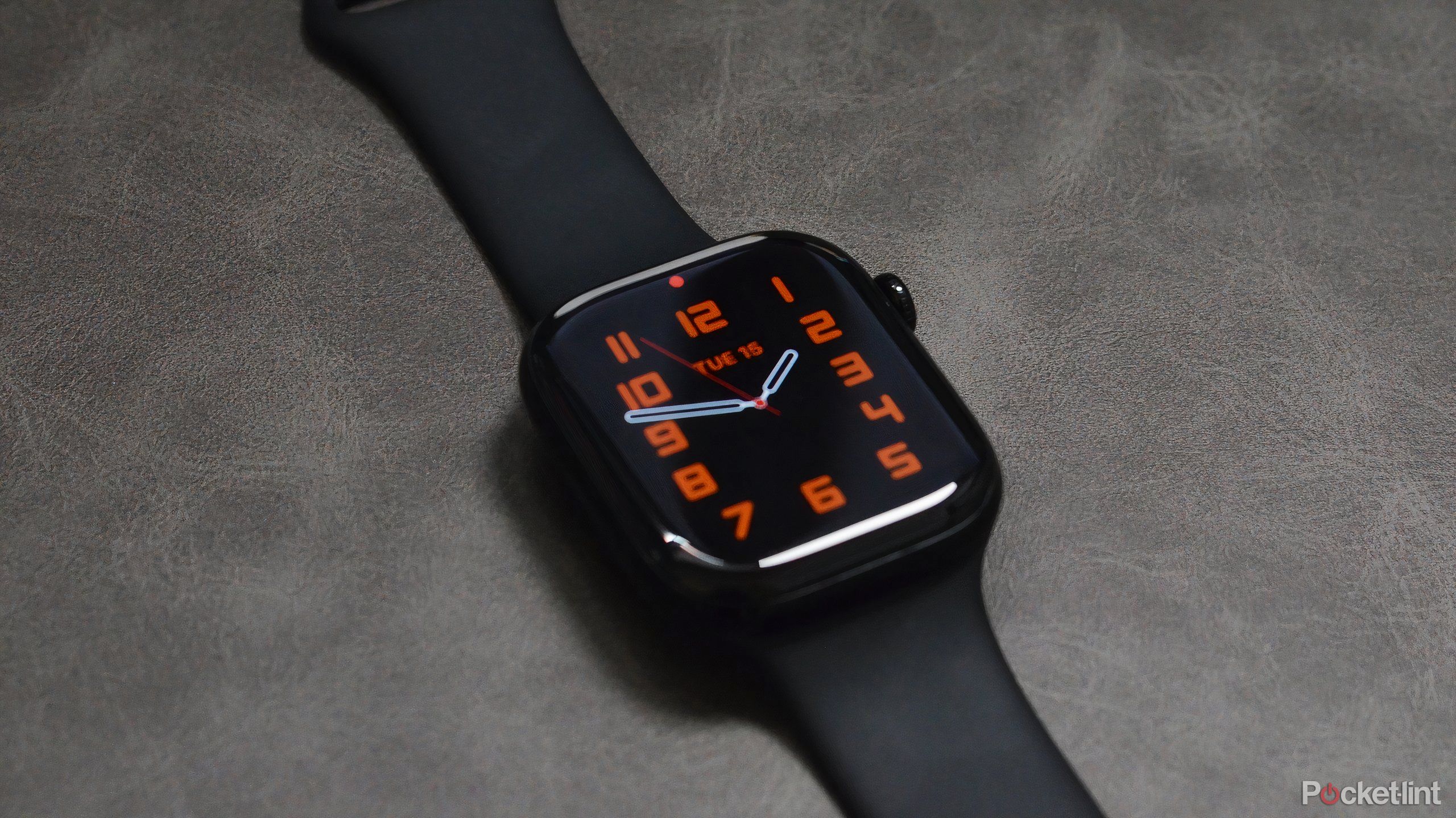We tried Asus’ new glasses-free 3D OLED and it’s pretty amazing

As part of its CES launch event, Asus unveiled its new glasses-free 3D OLED technology called Asus Spatial Vision.
The new tech is exclusive to Asus, at least when it comes to OLED panels – implying that we might see IPS variants from other manufacturers.
It works by using the webcam to track each eye and applying a lenticular filter to the display, creating an impressive 3D effect without the need for glasses.
It’ll be premiering on the new ProArt Studiobook 16 and Asus Vivobook Pro 16 which are due to land in Q3 of 2023.
We got the chance to try it out for ourselves at a pre-CES briefing a few weeks back, and it’s more impressive than we could have imagined.
There’s some real depth to the 3D effect, which makes objects appear to float up to around 4-5 inches out from the display.
It can also be applied in reverse, making the image dive inward so it appears as though you can reach right into the screen.
Of course, a big limitation at the moment is the amount of content that can take advantage of this.
We were shown a demonstration of it being used with 3D models, the idea being that the technology could aid with the design process for CAD modelling and 3D printing.
We also got to watch the Avatar: The Way Of Water trailer, which was not developed specifically for the technology but had been adapted from standard 3D with pretty great results.
Asus has partnered with Dimenco to equip developers with tools and guidelines for simulated reality content including gesture control and interactive learning.
It hopes to build an ecosystem around this new 3D technology, and that’s why it’s launching Spatial Vision on its creator-class notebooks, rather than consumer models.
Whether much comes of this, time will tell, but for now, it’s a very impressive demonstration of the direction that 3D technology is heading.




